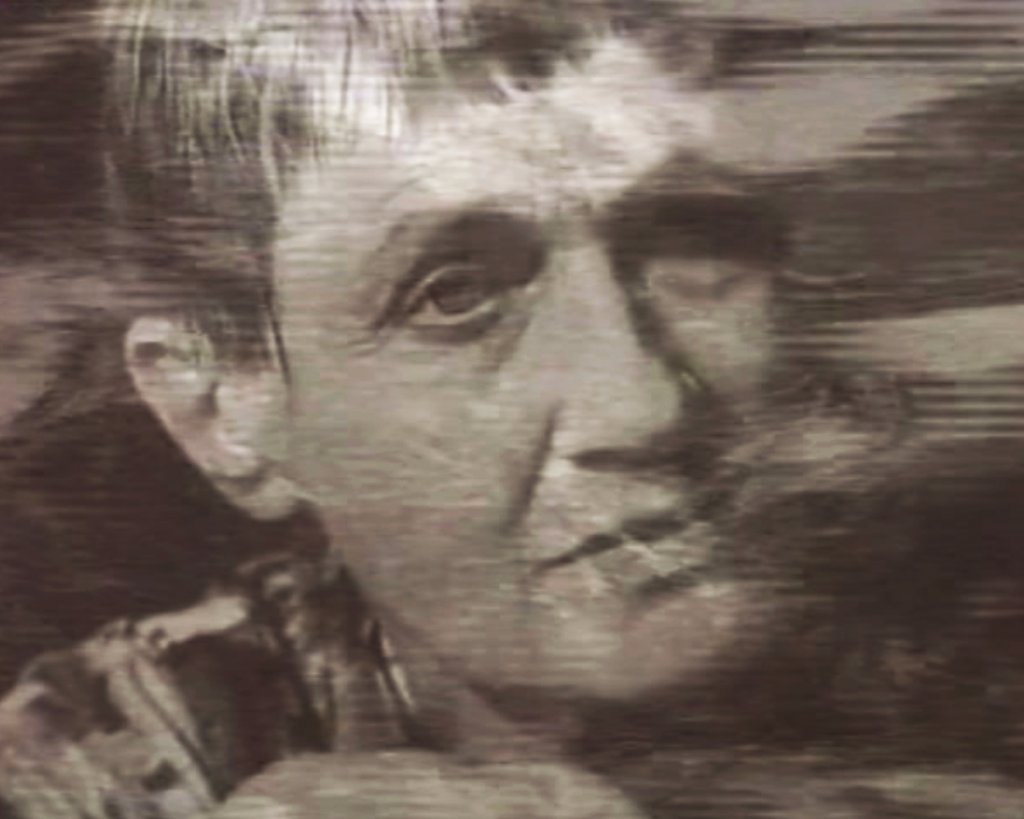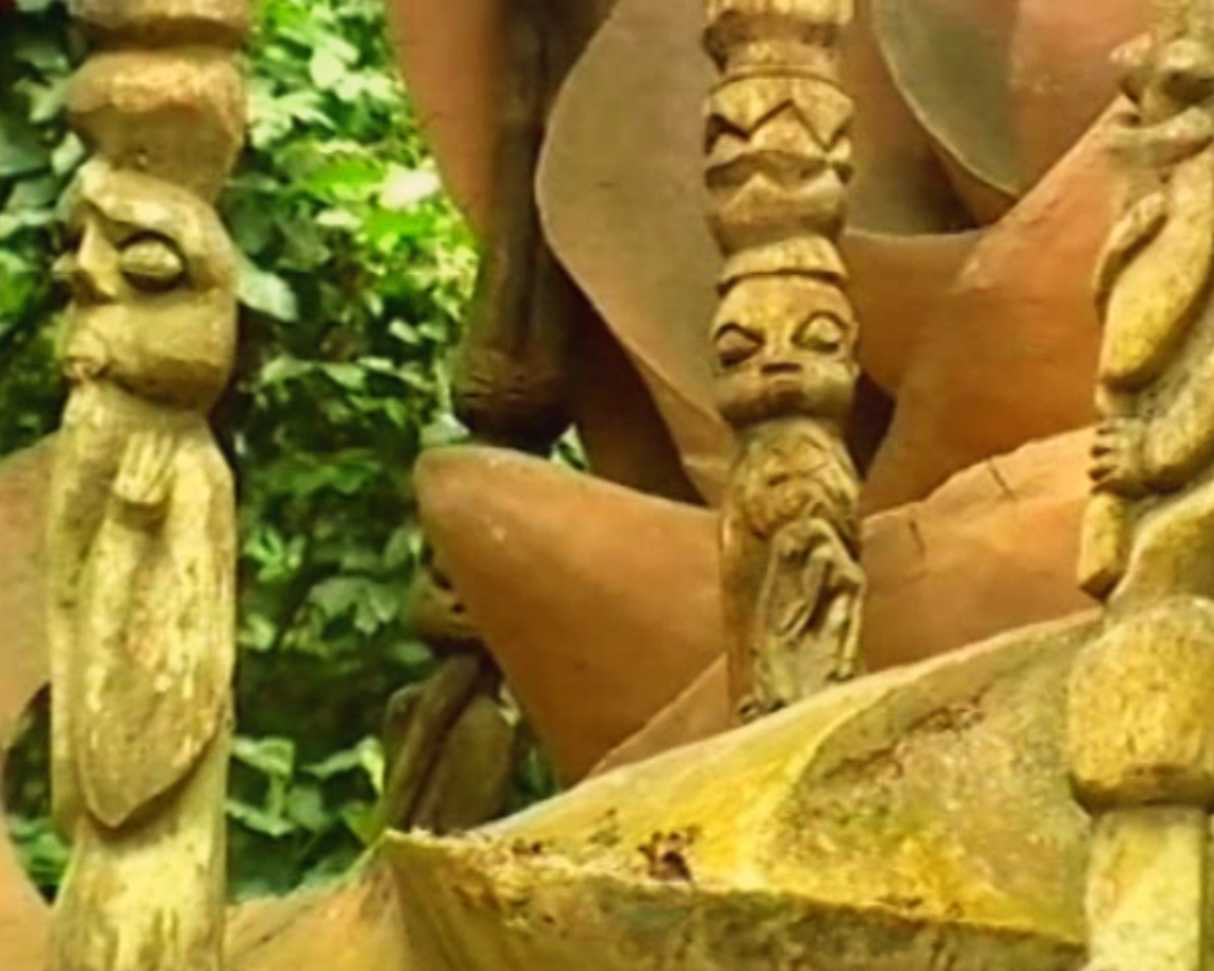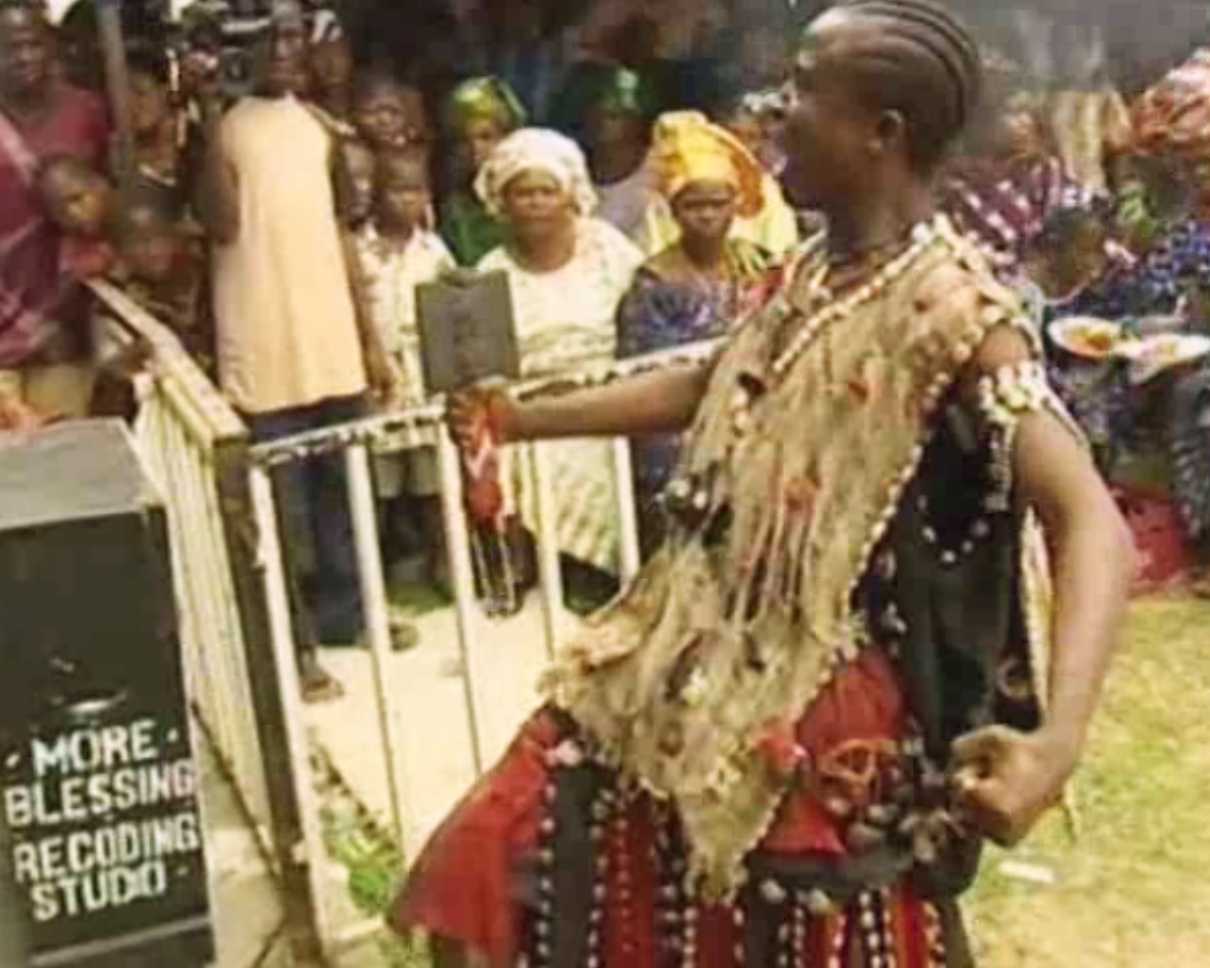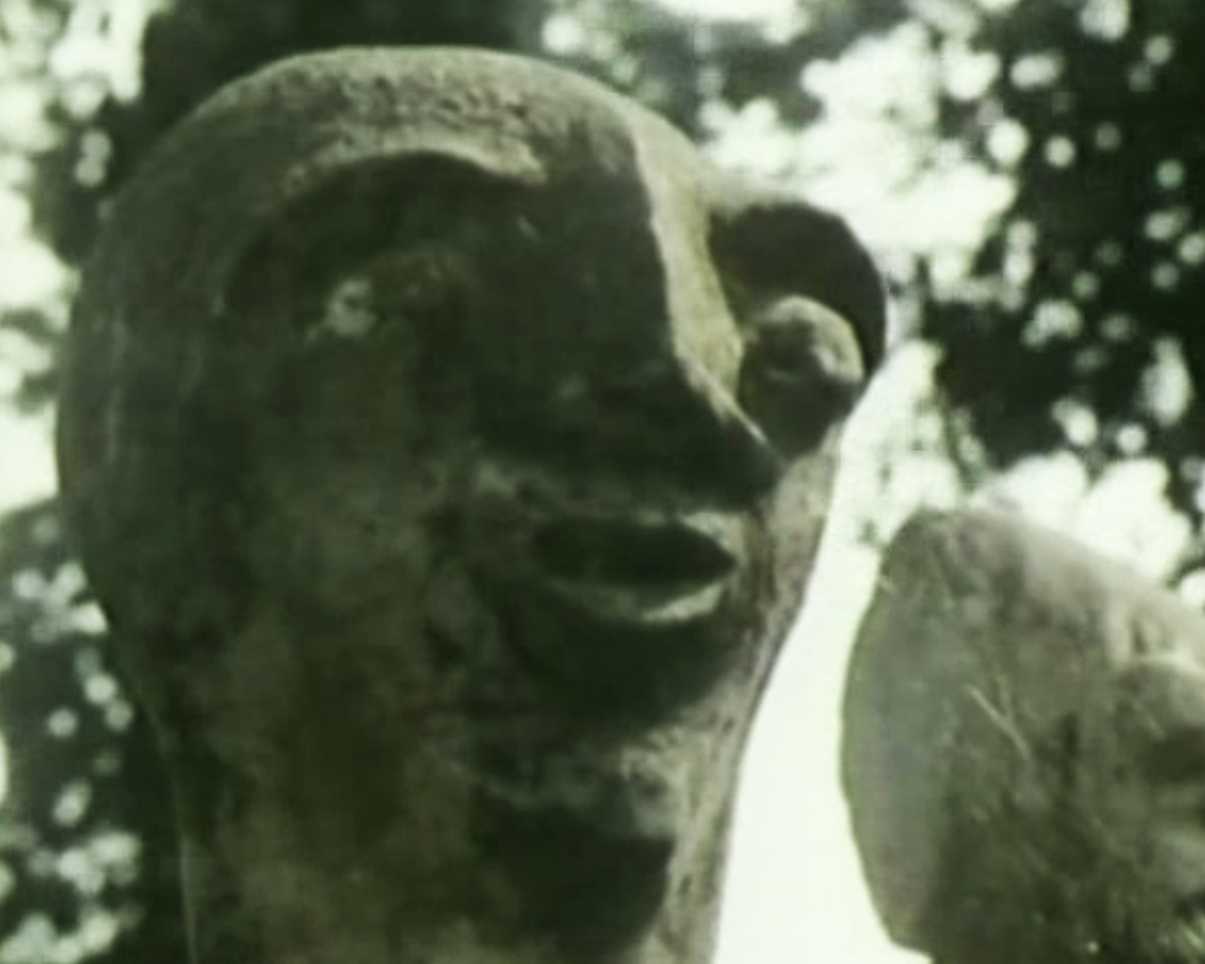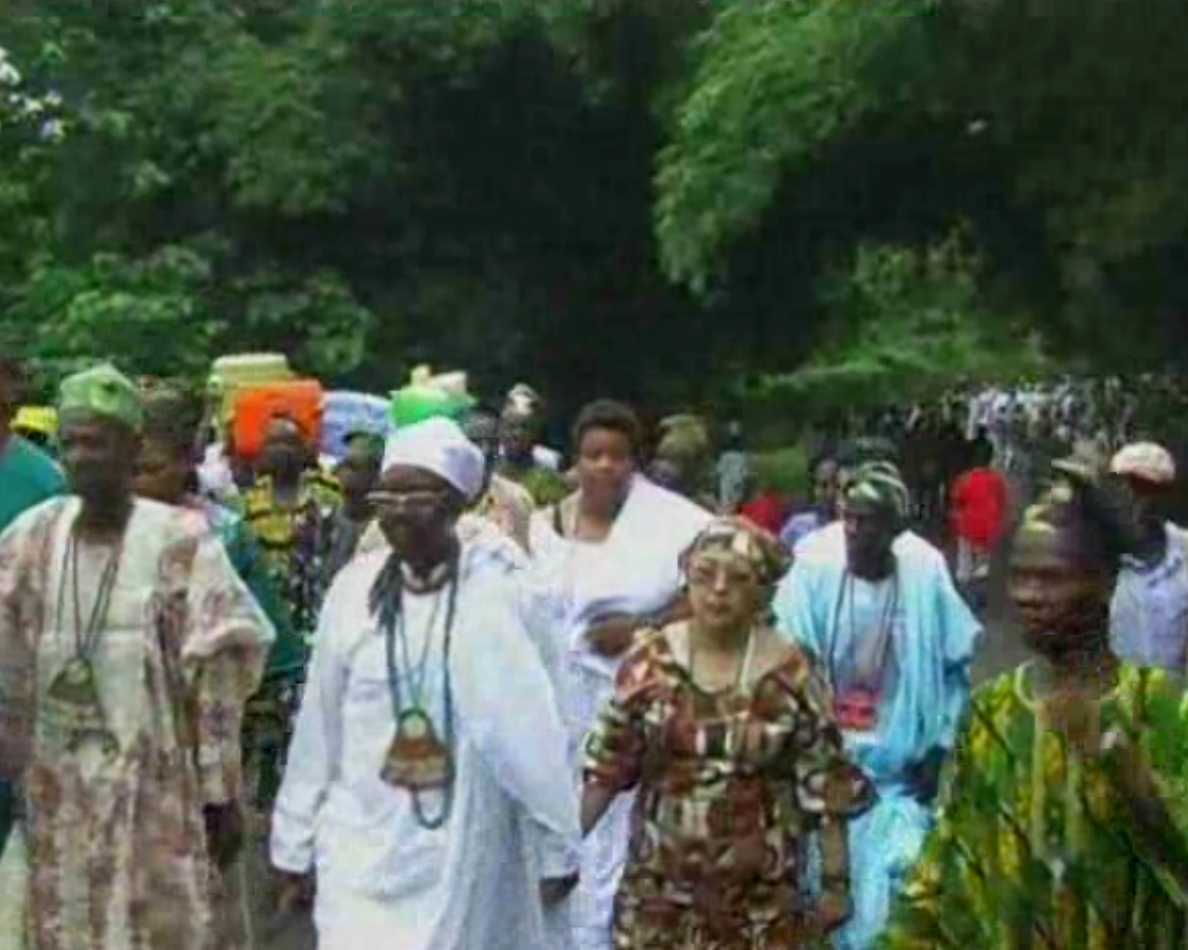Introduction to Yoruba culture
Yoruba people are one of the largest ethnic groups in West Africa. The majority of the Yoruba speak the Yoruba language. They constitute around 30 million individuals throughout West Africa and are found predominantly in Nigeria with approximately 21 percent of its total population.
The Yoruba culture may be considered to be a full-fledged spiritual system, comparable to Hinduism or Tibetan Buddhism. It is spirituality the African way, more colorful, more lively, more physical. Although meditation is equally an important spiritual practice for the Yorubas, you won’t find there Yogis who meditate for years in secluded caves of the Himalayas. The first notable observation of first-time visitors to Yorubaland is the richness and variety of the culture, which is even made more visible by the urbanized social structure of Yoruba settlement. The Yoruba are fond of ceremonies-naming, wedding, chieftaincy titles and celebration of life in death. These occasions are used to showcase the richness of the culture. Traditional musicians are always on hand to grace the occasions with heavy rhythm of talking drum and percussion; praise singers and griots are there to add their historical insight to the meaning of the ceremony, and of course the varieties of colorful dresses attest to the aesthetic sense of the average Yoruba.
Like Hinduism and Tibetan Buddhism, the Yoruba culture permeates and influences deeply the daily life of the community: God is alive; He can be experienced in the house, in nature, in stones, in the body, in ritual dances. A special characteristic of the Yoruba system is the importance given to departed souls and other spirits and gods. They are there, present in the daily life and can be contacted through trance experience. Another specific characteristic of Yoruba culture is the importance given to names: Names have meaning and are believed to live out their meaning. Thus serious effort is put into naming a new baby. One has to pay attention to the tradition and history of the family before a name is given to a child. The meaning of this is that each family has its own tradition, and therefore its own historically determined name-group. The tradition may derive from the kind of profession that it is known for.
The Yoruba are a deeply religious people, but they are also pragmatic and tolerant about their religious differences. Thus, it is to the credit of traditional Yoruba tolerance that there has been no religious persecution or war among them since the coming of Christianity and Islam, the two proselytizing religions. The impact of colonialism and its missionaries – be it Christian or Muslim – has been disastrous for the indigenous practices. To feel the presence of God in all elements of life, to practice ecstatic trance experiences, to carry out rites and oracles – all this has been a thorn in the flesh of the missionaries. In order to implement the new religious believes, they had first to destroy the ancient Yoruba-cults in requesting the Africans to get rid of their cult-objects. This was the state of affairs, when an Austrian artist named Susan Wenger felt the inner call to move towards West Africa. The very important role that Susan Wenger played in the revival of the spiritual Yoruba-culture is the subject of these video-clips.
-45c48.jpg)

